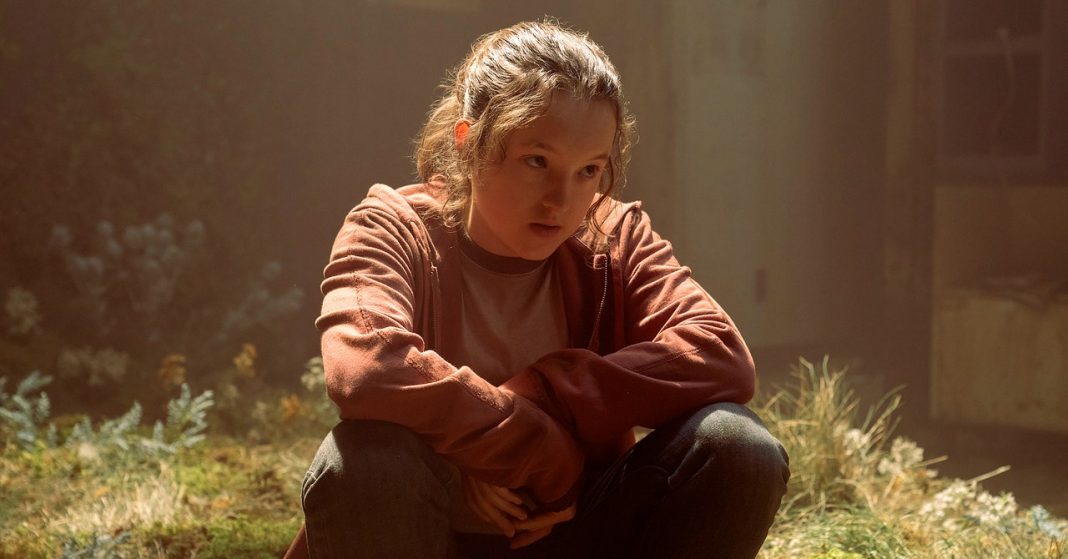Each Sunday night, as The Last of Us airs on HBO, a sense of dread permeates the air—and it has nothing to do with the fact that Joel and Ellie may never know peace. Instead, it’s the notion that The Last of Us, with its genre roots and prestige TV gloss, feels like the final salvo of a particular era of HBO Sunday night programming.
To be sure, HBO and its End-of-the-Weekend Bummer Salve lineup aren’t going anywhere. The fourth season of Succession begins on March 26, just a couple weeks after The Last of Us ends. But at the same time, it stands to be one of the last, if not the last, breakout show to premiere before HBO Max—the streaming service where most people watch the series—merges with content from Discovery+, lumping it into an entertainment ecosystem with My Lottery Dream Home. The years of logging into HBO Go, and later HBO Max, for Game of Thrones, and later House of the Dragon, are gone.
Earlier this week, Variety published a profile of HBO content chief Casey Bloys. If you’ve loved any HBO show during the last decade, from Silicon Valley to The White Lotus, he had something to do with it. Now he’s at the forefront of building the new streaming service, combining HBO’s content with Discovery’s. In something of a reversal, Warner Bros. Discovery sources told The Wall Street Journal earlier this month that Discovery+ will remain a stand-alone service, but Bloys is also working on the new uber-streamer that’ll bring much of the company’s content onto one service. The Variety piece noted that while that platform remains unnamed, “Max” appears to be the front-runner, which Bloys is OK with, given the kinds of shows often associated with HBO.
“Especially if we’re going to have a lot more reality programming, lifestyle programming, how much more do we want the HBO brand to take on?” Bloys told the publication. “That’s a legitimate concern.” The goal going forward, he said, was to “preserve and protect the HBO brand.”
It’s wild that so much of an identity has been ascribed to a cable network, but even Last of Us star Pedro Pascal mentioned in his interview with WIRED that one of the reasons he wanted to do the show was that he had a dream to be “a part of something that would be important to a network like HBO.” It’s hard to explain, but when the new streaming service launches, theoretically this spring, it won’t feel the same to see Barry next to 90 Day Fiancé. Frankly, and I don’t mean this as an insult, but it’ll just feel like Netflix.
Perhaps, though, this anxiety also comes from the fact that a lot of what made HBO and HBO Max singular is already gone. Earlier this week, I spent some time with my colleagues on the Gadget Lab podcast talking about the state of streaming. On the show I mentioned that HBO Max has already shelved one of my favorite shows, Mrs. Fletcher, effectively making it impossible to stream anywhere right now. The same is true of many HBO shows, including beloved sci-fi series like Westworld.
Some of these shows may eventually resurface on other free, ad-supported streaming networks, but that’s kind of not the point. Since Warner Bros. and Discovery merged, the newly formed operation has gone through a lot of changes—including the canning of nearly complete movies (Batgirl). In this environment, it’s easy to worry, and I have, that the experience of watching HBO Max isn’t long for this world. Maybe one day I’ll have to explain it to young people, the way I have to explain that watching MTV used to mean watching hours of music videos.
This preemptive nostalgia might be a bit overwrought, but if the popularity of The Last of Us has signaled anything, it’s that amidst all the turmoil of the streaming wars, watching HBO in any incarnation—Go, Max, on cable—has stayed pretty consistent. But it may not last forever.
